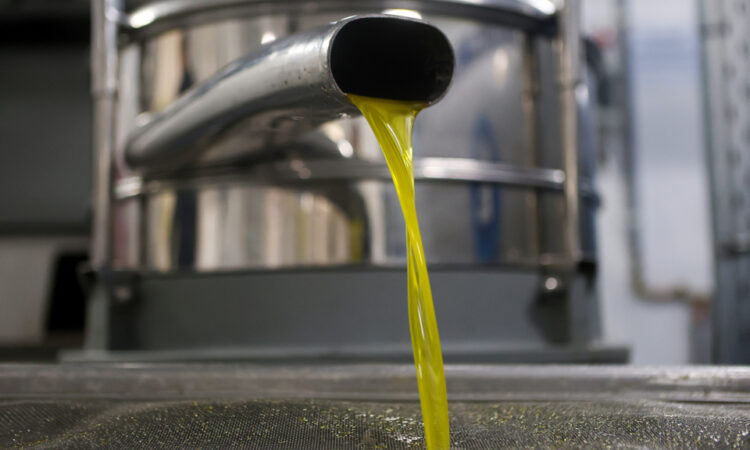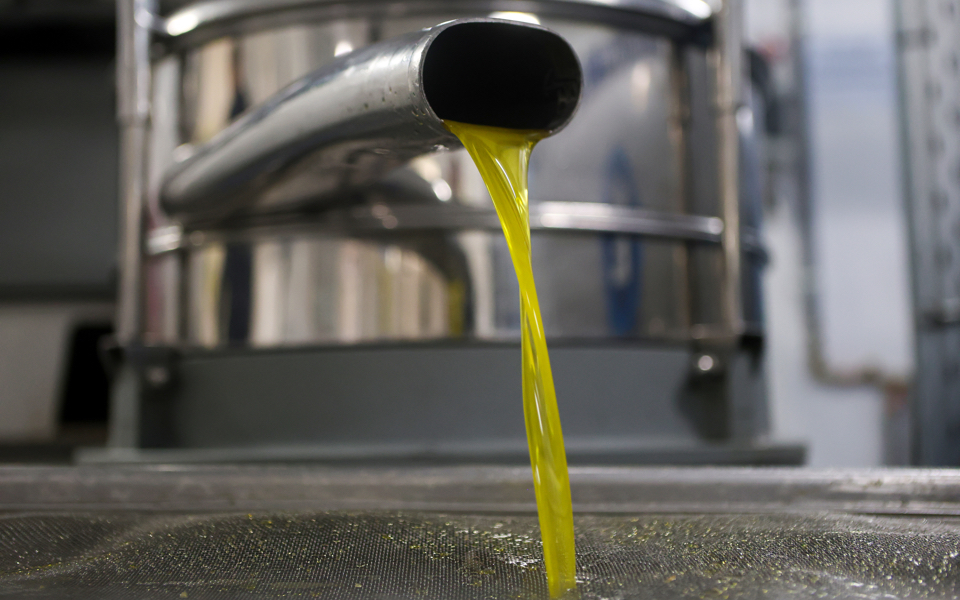

[AMNA]
An upcoming European regulation will force olive oil producers to change their production methods or see their product labeled as unfit for consumption.
The regulation, expected to be issued in September, imposes limits on the presence of polycyclic aromatic hydrocarbons (PAH), organic substances known to cause cancer or harmful mutations to mammals. Virgin olive oil should be free of PAH, but contamination may occur during the processing in olive mills or because of olive skin contamination through smoke or air pollution.
One important reason for the presence of PAH is the farmers’ practice of pruning the trees while gathering the olives. The chemicals used to lubricate the chainsaws contain PAH. The latter are also found in chemicals used to make the jute sacks used to carry the olives tougher and waterproof.
Two olive oil producers’ associations want the Ministry of Agricultural Development to inform all olive farmers and producers and advise them as to how to stop practices during growing, harvesting and extraction that introduce PAH into the final product.
“From now on, if an extra virgin olive oil is found to have these compounds, it will be considered unfit for consumption,” Giorgos Oikonomou, general manager at SEVITEL, the association of oil canners told Kathimerini. “Practically, this means that the producer will be forced to sell this defective oil for biodiesel for €0.80 per liter instead of, say, the €8 per liter he would earn for extra virgin oil for consumption.”
Olive oil producing countries have asked the Commission to delay implementation of the directive until 2028, but it is far from certain that the Commission will consent.






